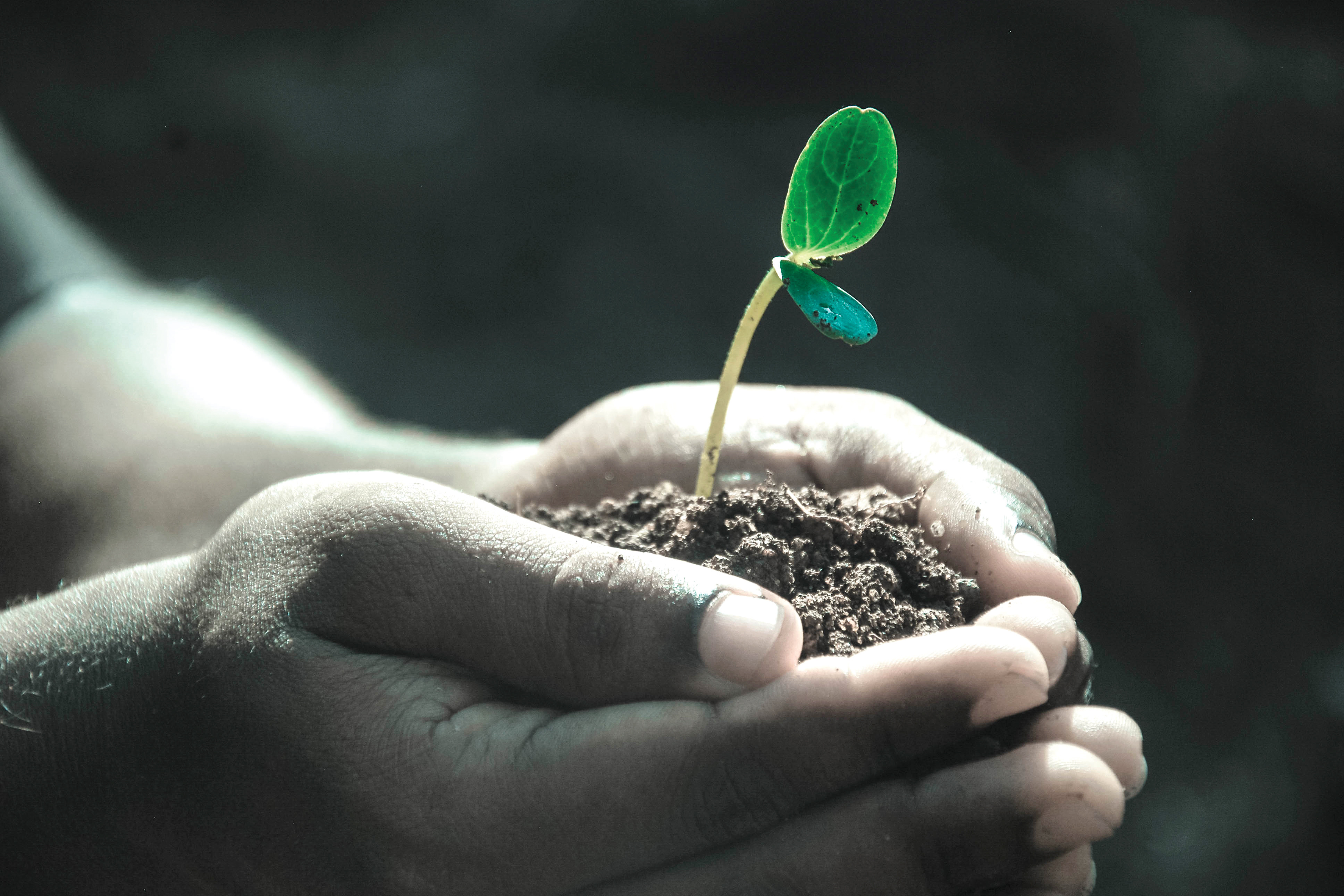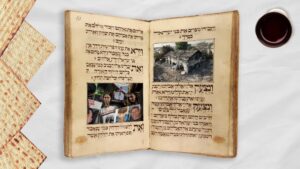Tu B’Shevat — the Jewish festival known as the “New Year for Trees,” which will be observed this year from sundown on Sunday, Feb. 5 to sundown on Monday, Feb. 6 — comes to Zone 7A!
Zone 7A is where Baltimore is located on the U.S. Department of Agriculture’s map of regions of the United States for planting.
If you want to know when to plant flowers near your mailbox, when to nestle your tender tomato plants in the earth or when to start digging to accommodate the root ball of the tree your children will use as a base when they play tag in the yard, knowing we are in Zone 7A is important.
But Tu B’Shevat – which is observed on the 15th day of the Hebrew month of Shevat — missed the memo from the garden center because here she comes in the middle of Baltimore’s winter.
Spring, with its flower, tomato and tree planting, is far from our minds. In Israel, they are on the lookout for the green shoots of the almond tree; in Pikesville, we are on the lookout for de-icing salt.
When we think of planting and Tu B’Shevat, we generally think of planting things in the earth. We think of green shoots and loam, pungent mulch and vegetable seeds. But what about when that is just not possible or appropriate?
How do we plant for Tu B’Shevat and celebrate its message, when the winter has not yet passed?
In Jewish teachings, planting is not just a literal planting of organic material in soil. In Jewish understanding, planting is as much, if not more, about instilling as it is about gardening.
With Tu B’Shevat falling in the midst of Zone 7A’s harsh winter, we have to celebrate the birthday of the trees by planting in a different way:
- We plant seeds of thought that grow into ideas and love of Jewish learning
- We plant values in our youngest students by teaching them derech eretz, the way of the land
- We plant roots of passion for social justice like the biblical prophets
- We plant kernels of radical amazement for experiencing God’s presence in our lives
- We plant communities of engagement that rejoice, comfort, pray and study together
- We plant gnarly roots of challenging texts and wrestle with them until they yield blessings.
The Book of Ecclesiastes remarks, “Ayt la ta’at, ve ayt la’akor natu’a,” there is a time for planting and a time to uproot that which has been planted.
Luckily for us, the things that we plant don’t need a particular time or a particular zone. Thoughts, values, passion, engagement and blessings grow whenever and wherever they are planted, provided that we “water” them.
This wintry Tu B’Shevat lets us identify what we can plant in our community and ourselves, so that we might grow and thrive, no matter the zone.
Rabbi Debi Wechsler serves Chizuk Amuno Congregation and has a difficult time getting anything organic to grow, except for children and weeds.
Originally published on Jan. 3, 2017. Updated on Feb. 3, 2023.





